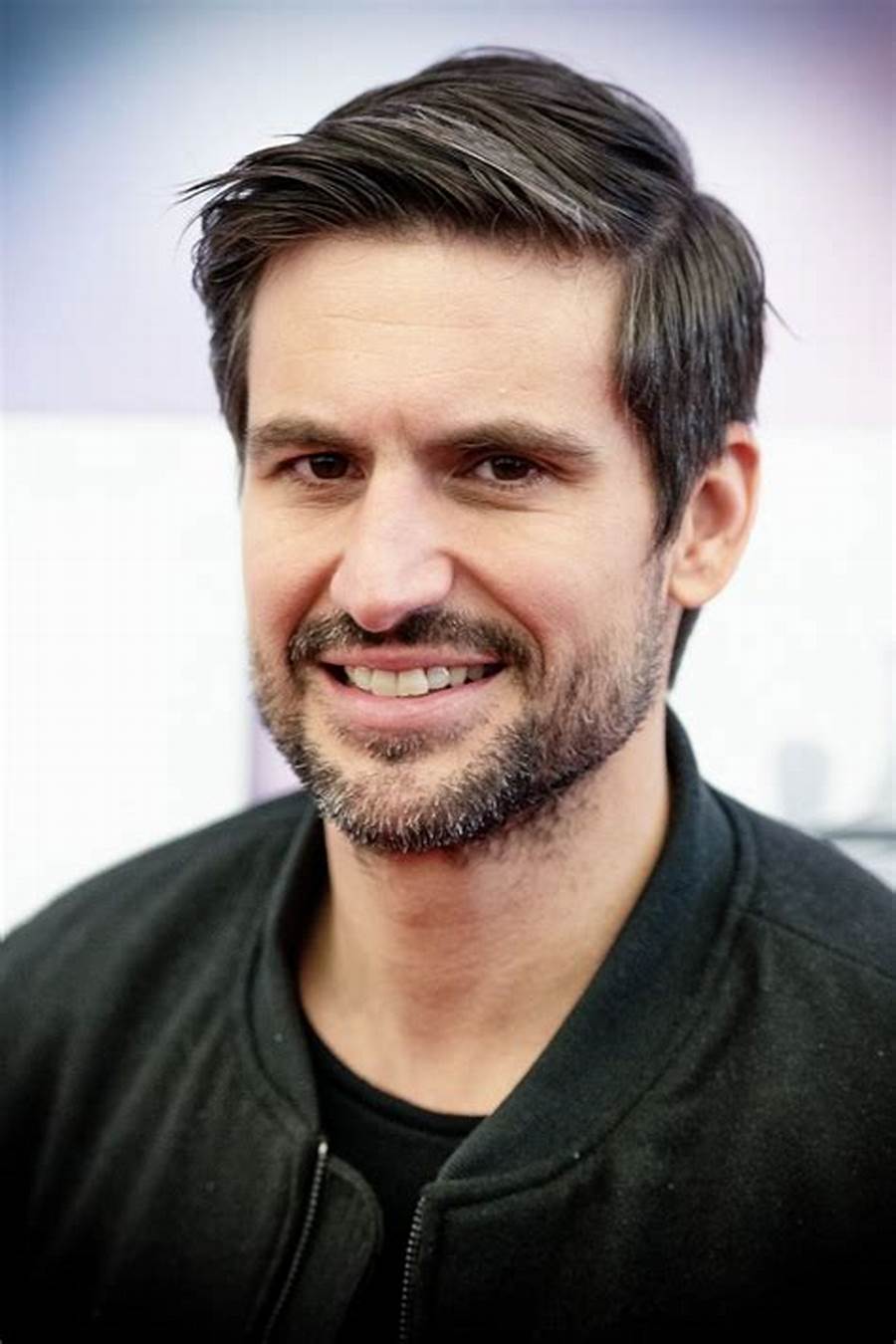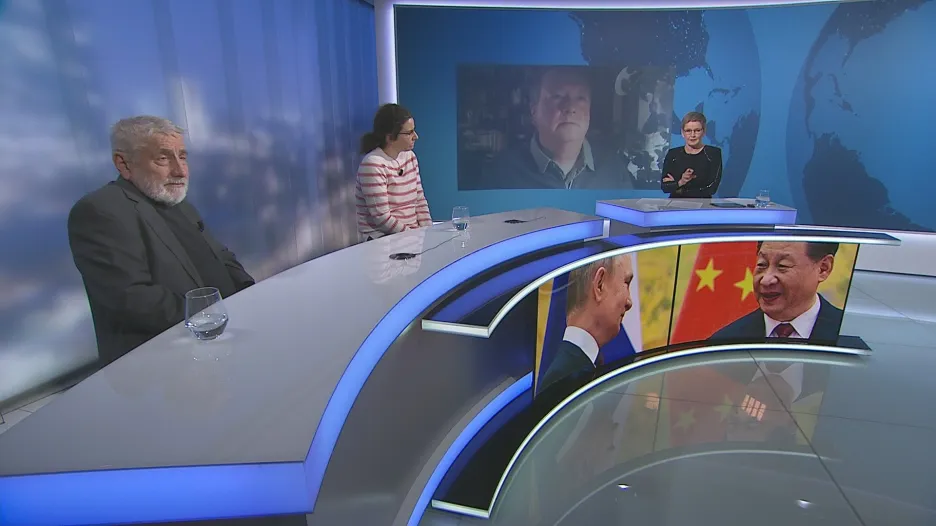Formally and geographically, the westernmost of the three countries that has the right relationship with Russia and the war in Ukraine has put them in a difficult position is Turkey. In the early 1950s, he joined the North Atlantic Alliance, America has nuclear weapons on its soil, and Turkish President Recep Tayyip Erdogan’s relations with Vladimir Putin are not – or are not – not at all bad.
However, according to Tomáš Lana, who historically was the first Czech ambassador to Turkey, we cannot talk about their warm friendship. “There is no personal chemistry, there is a calculated and cold partnership. Both sides are pursuing their own interests. “The current alliance is good for them, although Russia has always had the upper hand,” he said.
Turkey also does not believe in the West and has a sense of historical injustice, he warned. According to him, warm relations cannot be observed even with Turkish opposition politicians. “Since the First World War, when the Ottoman Empire was defeated and divided by Western powers and Attatürk only won the republic, they had a reserved and cautious attitude towards the West,” Lana said.
China
However, if Turkey shares with Russia an especially wary of the West rather than formal relations or warm friendship between the leaders of the two countries, it is quite different in the case of China. As sinologist Martin Hála reminds, in early February – less than a month before Russia’s invasion of Ukraine – the two countries formed a new alliance – and not only that. “There is clearly considerable personal friendship between the leaders of the two countries, Xi Jinping and Putin, based on very similar world views. Therefore because he sees things in the same way, the question is whether China will be willing to put pressure on a modified approach. Russia in Ukraine,” Hala notes.
However, China is also in a difficult situation because of the Ukraine war, he said. On the one hand, it is not in his interest for the Putin regime to fall. “He will lose an important ally. In exchange, competition could grow in Russia,” the sinologist said. On the other hand, direct support from neighbors can have unpleasant consequences for him. “It is very likely that negotiations on economic aid, perhaps military aid as well, are underway. The question is to what extent the People’s Republic of China is capable of doing so in an atmosphere of global support for Ukraine. If it approaches certain military assistance, such as the supply of weapons systems, it will have a very negative impact on its international reputation,” concluded Hála.
Israel
Israel has close relations with Russia, but also with Western countries. So far, Prime Minister Naftali Bennett has acted in Moscow and Kiev, but Irena Kalhous, director of the Herzl Center for Israeli Studies in the Faculty of Social Sciences at Charles University, is now saying more of the voice is coming from Israel.
“Naftali Bennett is very cautious and you could say he is at work. On the other hand, it is Foreign Minister Lapid who is getting sharper. He clearly sided with Ukraine, condemned Russia, and even said that Israel would not be a place where sanctions could be circumvented, he warned. .
However, he did not expect Israel, for example, to immediately join the anti-Russian sanctions. The maximum is to prevent Russia from evading sanctions through Israel. “There is talk in Israel that they will try to close all possible ‘holes’ that exist so that Russian money can flow through Israeli banks. money,” he concluded.
Israel, Turkey and China offered themselves as mediators for peace talks between Russia and Ukraine. However, the two countries have been in direct negotiations. Initially, the delegation met at the Ukrainian and Belarusian borders, and then via videoconference. Negotiations have not yielded any major breakthroughs. However, Ukrainian negotiators expressed “cautious optimism” on Tuesday.

“Hardcore zombie fan. Incurable internet advocate. Subtly charming problem solver. Freelance twitter ninja.”






